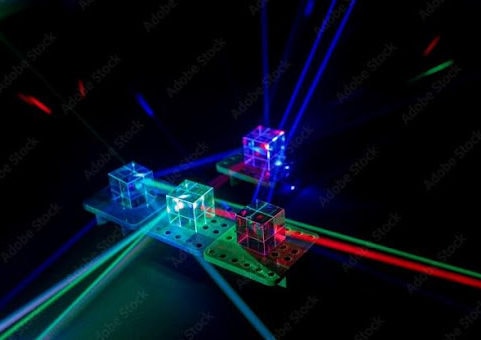Neutral Density Filters: Enhancing Image Quality in Photography and Film
Created at : Mar 09 2023
In many industrial settings, precision is everything. Whether it's in manufacturing or quality control, even the slightest variation can have a significant impact on the final product. One critical element in achieving precision is controlling light levels, which can be a challenge in environments with varying lighting conditions. This is where Sterling Precision's Optical Density Filters come in, offering a reliable and effective solution to control light levels in industrial applications.
Sterling Precision's Neutral Density Filters are designed to reduce the amount of light that passes through them without altering its color or hue. This allows them to filter out a specific amount of light, making them ideal for controlling exposure levels in cameras or light meters. The filters are available in a range of densities, from 0.1 to 4.0, with each density reducing the amount of light by a specific factor.
One of the main advantages of Sterling Precision's Optical Density Filters is their precision. They are designed to provide consistent results with high accuracy, which is critical in industrial settings where even small deviations can have significant impacts. The filters are made using high-quality materials and manufacturing processes, ensuring they meet the most stringent quality standards.
Another advantage of Sterling Precision's Neutral Density Filters is their versatility. They can be used in a wide range of industrial applications, from photography and videography to spectroscopy and scientific research. Their ability to control light levels makes them ideal for use in situations where precise measurements or observations need to be made, ensuring accurate and reliable results.
For example, in the manufacturing industry, optical density filters are used to measure the thickness of coatings and films on products. The filters are placed over a light source and the product, allowing precise measurements to be made without interference from extraneous light. Similarly, in the automotive industry, neutral density filters are used in testing and development, allowing engineers to assess the performance of various components in different lighting conditions.
In conclusion, Sterling Precision's Optical Density Filters offer a reliable and precise solution to control light levels in industrial settings. Their versatility makes them ideal for use in a wide range of applications, from manufacturing to scientific research. With their consistent results and high accuracy, they are an essential tool for achieving precision in any industry.

 CUSTOM OPTICAL FILTERS
CUSTOM OPTICAL FILTERS
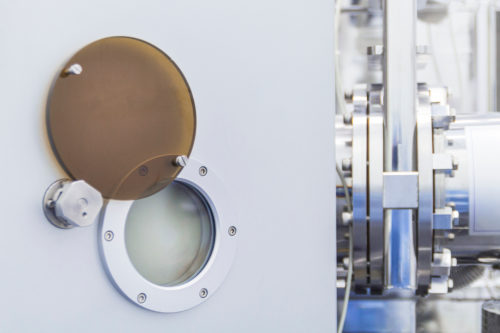 OPTICAL WINDOWS
OPTICAL WINDOWS
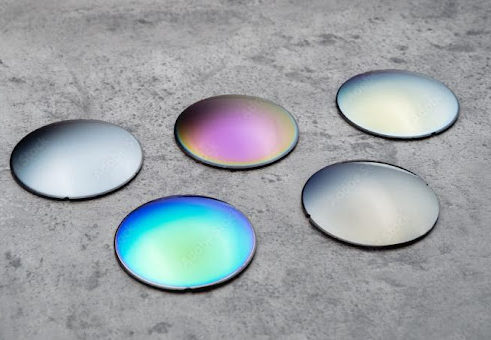 OPTICAL COATINGS
OPTICAL COATINGS
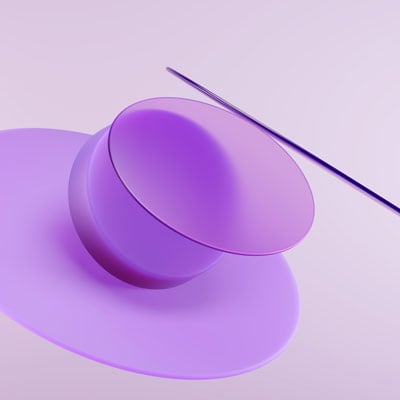 UV OPTICS
UV OPTICS
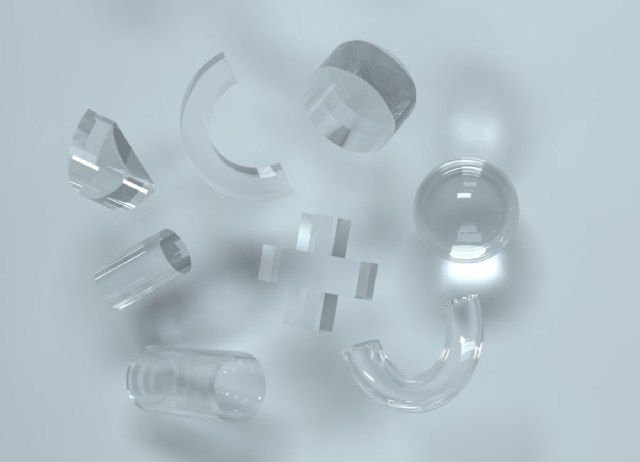 CYLINDRICAL OPTICS
CYLINDRICAL OPTICS
 CUSTOM TEMPERED OPTICS
CUSTOM TEMPERED OPTICS
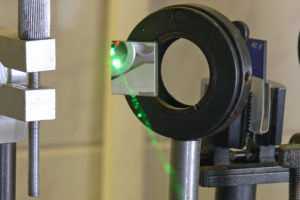 OPTICAL MIRRORS
OPTICAL MIRRORS
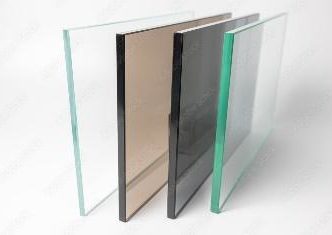 NEUTRAL DENSITY
NEUTRAL DENSITY
 PRISMS & RETROREFLECTORS
PRISMS & RETROREFLECTORS
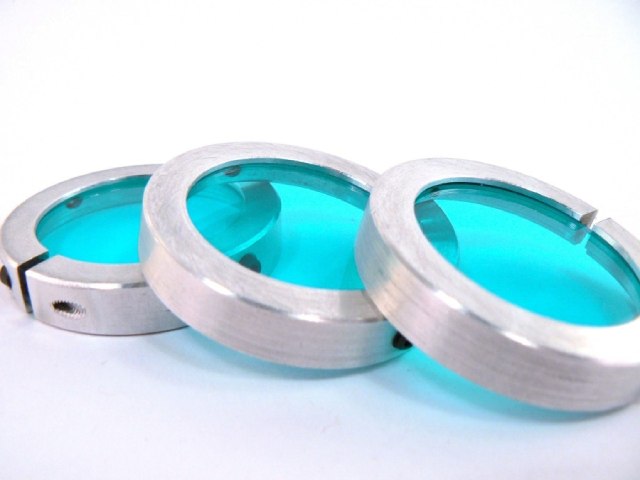 ASSEMBLIES
ASSEMBLIES
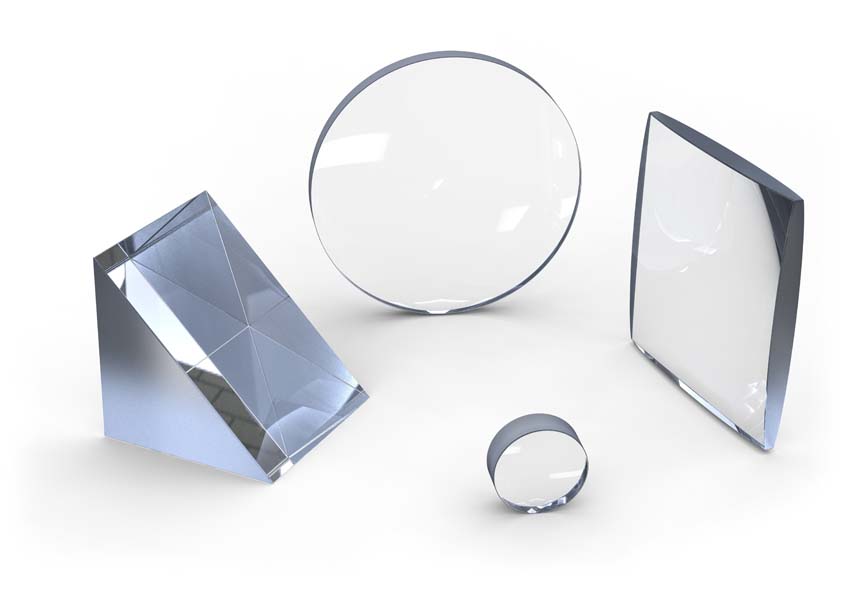 OPTICAL LENSES
OPTICAL LENSES
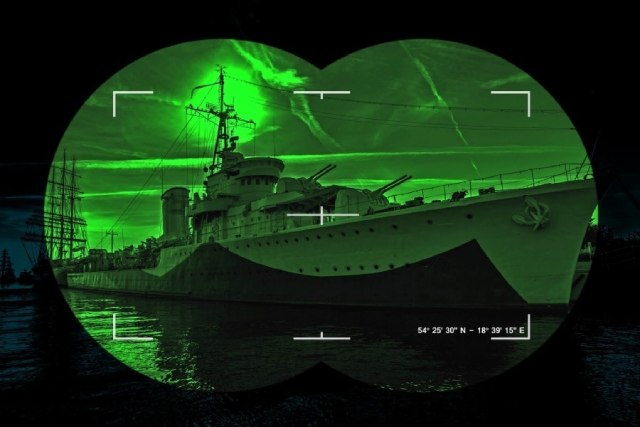 NIGHT VISION FILTERS
NIGHT VISION FILTERS
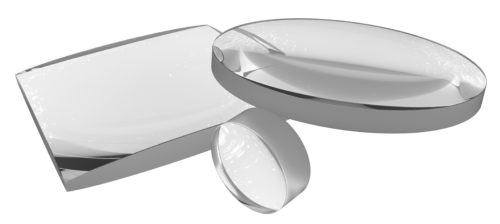 ACHROMATIC LENSES
ACHROMATIC LENSES
 OPTICAL BEAM SPLITTERS
OPTICAL BEAM SPLITTERS
